For new RV owners, diving into the world of road trips and campgrounds can seem exciting but scary.
Maybe the thought of driving and parking your camper without experience is stressful, or you’re not sure which campground is right for your family vacation.
To help clarify some common ideas new RV owners have, I put together this quick guide to the top RVing expectations versus the reality of the situation.
Having an insider’s look at the RVing world can make a real difference in how you approach not only what type of camper you purchase but how you plan vacations and other important aspects of RV living and ownership.
So, come along and learn the dirt from RVers with years of camping experience under their belt!
Expectation #1: Learning to Drive and Operate an RV is Difficult
REALITY: A motorhome is not that different from a large van or moving truck and is the more simple RV type to drive. Backing up and maneuvering is more straightforward than with a travel trailer.
Travel trailers take more practice to learn how much room you need to make turns and the right way to cut your tow vehicle’s wheel to aim the trailer in the direction you want it to go.
The trick is to take your camper out to an open parking lot and get a feel for backing it up. Once you learn, it’s not as hard as it looks, and it avoids embarrassing campground accidents like running your trailer into a tree or power pedestal.
Learning to operate the RV plumbing, propane, pump, heating, cooling, sewer, and awning systems within any camper is not complicated and nothing to fear.
If you slow down and follow all the steps laid out in your camper’s manual or listen carefully (and take notes) if a seller is giving you verbal instructions, you’ll master the techniques quickly.
Expectation #2: All RV Campgrounds Are Alike
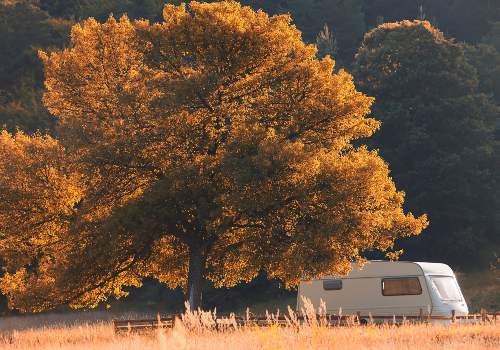
REALITY: The most similar campgrounds you’ll find are the ones inside state or national parks. Most parks offer a wider campsite with a gravel parking pad and hook-up for water and electricity, while only a few will also offer a sewer connection.
All parks will have a restroom and shower house facility or two around the campground, along with a communal dump station you can use when arriving and leaving to empty your RV’s gray and black water tanks.
When it comes to private mom-and-pop campgrounds, the differences are most apparent. Some may be newer with wide access roads, spacious cement parking pads, full hook-ups, Wi-Fi, and campsites that come with a fire pit, picnic table, and even grills.
Older private campgrounds tend to have more compact campsites and narrow roads to accommodate the smaller campers from decades ago. To stay current, owners often only alter the campground enough to fit larger rigs with no room to spare, so trying to back in your RV is a tedious, stressful task.
Corporate-run campgrounds like Jellystone or KOA are a hybrid of the two above. Most have a similar layout with a camp store, activity center, and outdoor pool, but each campground may have a unique feature related to its location. For example, a park on a lake may offer canoes for rent.
Expectation #3: A Campground Is a Great Place to Relax
REALITY: Hold on, let me stop laughing! Ok, honestly, many campgrounds let you “get away from it all,” and once you find these gems, keep their location to yourself.
The best campgrounds for peace and quiet are usually off-grid on BLM land or at national and state parks.
Most average RV campgrounds bring in a mix of families and couples of all ages, along with noisy pets and kids racing around on bikes.
The constant commotion around the campground can often make sitting outside under your camper’s awning anything but relaxing, and noise at night may keep you awake.
Also, be aware that campground workers still need to do maintenance work, such as mowing grass or using a blower to clean sites and get them ready for a new guest.
Many workers start work at 7 or 8 in the morning so it’s possible to get abruptly awakened by a loud weed wacker only feet from your camper.
Want some peaceful time sunbathing at the pool at a campground that caters to families? Forget it because, most likely, there’ll be unsupervised children splashing and making a racket most of the day.
Even parks that are for ages 55+ only can be somewhat rowdy, especially at happy hour.
Getting knocks at your door to be invited for cocktails is standard etiquette, so keep that in mind if you’re looking for a quiet place for some alone time. If you decide to attend, grab your drink and some snacks because showing up empty-handed is frowned upon.
Aside from word-of-mouth, do check out online reviews from RV campgrounds you’re thinking of visiting to get a feel of different parks so you can find the right fit.
Family-friendly campgrounds and those with reviews that mention before-or-after quiet-hour noise that management ignores should be on your list of RV parks you should avoid if you want a relaxing retreat.
Expectation #4: RVing Is a Cheaper Way to Vacation
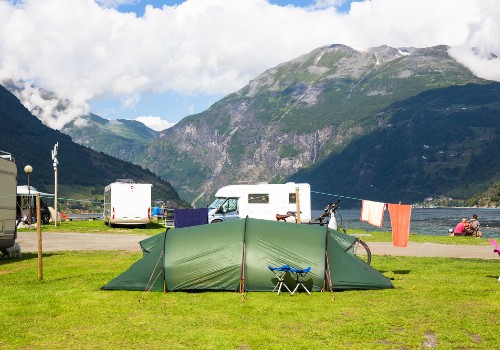
REALITY: Yes, this is true. In most instances, you can save a substantial amount by taking RV vacations versus driving or flying and staying in a hotel.
Owning an RV and using it often is the best way to get the most value out of your purchase. The larger your travel party, the more money you can save on vacations.
An RV allows you to:
- Avoid eating all your meals out
- Not pay for two hotel rooms for large families
- Park at a campground that includes free activities or discounts to local attractions
- Get out into nature
- Have memorable evenings around the campfire
There is extra work to vacation in an RV, like setting up and tearing down camp, planning meals, and keeping the camper clean that you need to weigh against the cost savings.
Expectation #5: Buying an RV With No Kitchen or Bathroom Is OK
REALITY: You’ll probably regret purchasing a camper with no toilet unless you only plan to camp at a location you know has 24/7 access to showers and bathrooms.
The need for middle-of-the-night bathroom trips will happen, especially if you have kids.
Not all campsites will be near a restroom, and going out alone into the dark is never safe as animals or even creepy or drunk campground guests may be lurking.
Picking up germs from strangers is another concern that won’t happen if your RV has a bathroom.
Having a safe and convenient in-camper toilet is worth its weight in gold, as you never know when nature will call at an RV park or while on the road.
Another problem is that campgrounds are notorious for renovating or having plumbing problems with their restrooms and closing them to guests with no prior warning.
When it comes to kitchens, cooking in an RV is less of an issue.
It’s nice to have a fridge for longer trips, but a cooler works just fine for weekend escapes. You can do without a stovetop and oven if you bring a portable camp stove, small microwave, crock-pot, or grill.
Prepping and making RV meals may require you to be more creative, but not having a kitchen isn’t a huge deal.
What’s surprising is that many smaller RVs are more apt to give you a kitchen versus a bathroom with a toilet and sink.
Don’t be afraid to sacrifice space inside your camper if you have the option for even the most basic bathroom, as you’ll appreciate having one.
Expectation #6: Travel Trailers Use Less Fuel Than Motorhomes
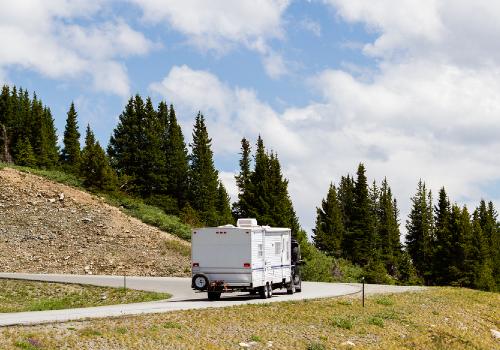
REALITY: The amount of gas mileage you get from a travel trailer can vary greatly versus a motorhome.
Large travel trailers and fifth-wheels loaded for a long trip are heavy, so pulling that extra weight with your heavy-duty truck will lower your truck’s typical gas mileage by quite a bit. Often, the MPG numbers are right on par with many motorhomes of the same weight.
A powerful SUV pulling a lightweight, compact pop-up or small travel trailer will be much more economical on fuel than even a Class B diesel motorhome that gets over 20 MPG.
Overall, the real savings come once you reach your camping destination. You can unhook your vehicle from your trailer and use it to get around locally to see sights or run to the store.
Want to Connect With a Community of Over 1,078 RV Enthusiasts?
Your vehicle will always use less fuel than when towing and easily crushes the fuel expenses of using a motorhome to get around.
Expectation #7: RVs Cost a Lot to Repair and Maintain
REALITY: Yes, RV maintenance can be expensive for some brands (hello, Airstream) or models of recreational vehicles prone to pricey repairs such as faulty slide mechanisms.
For an RV owner who isn’t handy or up for DIY repairs, taking your camper into a shop will put a large dent in your wallet.
There’s a sweet spot for the lowest RV maintenance costs, which is typically after the first 18 months until around five or six years of new RV ownership.
In this span, any bugs in manufacture new RV owners usually fix while the camper is under warranty, but the rig hasn’t had enough wear and tear to replace worn-out appliances or tires.
After five years, you can expect to spend anywhere from $100-$2000 yearly, depending on what RV issues you’re having. Maybe your RV only needs some inexpensive new caulking this year, or perhaps you need to hire someone to replace the water heater for $900.
As with a house, you’ll never know what’ll go wrong in your RV, so having money set aside for such needs is smart so you can quickly fix problems and get back on the road to camping fun.
Expectation #8: You Can Park Your New RV on Your Property
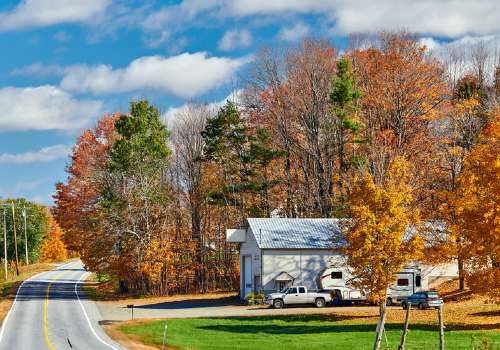
REALITY: Many new RV owners get a rude awakening when they bring their camper home, only to receive a notice or fine from the town or HOA that they can’t park their RV on their property.
Some places have rules that you can only park a camper in your driveway for up to 30 days, while others say you need to park the RV in the backyard and keep it hidden from neighbors or the street.
Local laws and HOA by-laws vary significantly from area to area, even within the same state. Always check what’s allowable for parking an RV at your house so you can make proper arrangements with a storage facility if you can’t.
Expectation #8: You Can Offset the Full Cost of an RV by Renting It Out
REALITY: You can indeed recoup some of your RV costs by renting it out when you aren’t using it, but it’s rare to cover the full cost of ownership.
It would help if you considered renting will increase your maintenance costs since it will create more wear and tear on your camper. You’ll also need to do deep cleanings and exterior washes between rentals.
RV rental services such as RVShare and Outdoorsy specialize in peer-to-peer camper rentals and facilitate pairing RV owners with those looking to rent for a percentage of their rental price. These companies offer protection for both owner and renter, along with RV insurance packages and 24/7 roadside assistance.
Many RV owners put their camper up for rent through Craigslist or Facebook Marketplace and take on all the risk of possible problems but also get to keep all of the profit.
Depending on your location and local demand, renting may be a very beneficial way to bring in income to pay down debt on your RV and help alleviate the cost of storage fees when not in use.
On the other hand, renting out your RV may be more hassle than it’s worth. Don’t expect you’ll be raking in the dough on rentals, and certainly don’t count on such deals to cover your new RV payments, or you may find yourself in a financial pinch.
Final Thoughts
Knowing what to expect before buying a new RV can help you make better purchasing and vacation planning decisions.
From maintenance to driving to camping experiences, things are not always what you expect, and if you’re not ready, it could turn owning an RV into an expensive mistake.
Don’t regret your decision to buy an RV. Use the info above to learn all you can about what RVing is all about.
The reality is that RVing is a beautiful way to bring families together to experience all the natural wonders our country provides!
Harassed at a Free Campsite: Strange Experience Full-Time RVing
"Man cannot discover new oceans unless he has the courage to lose sight of the shore."
-- Andre Gide

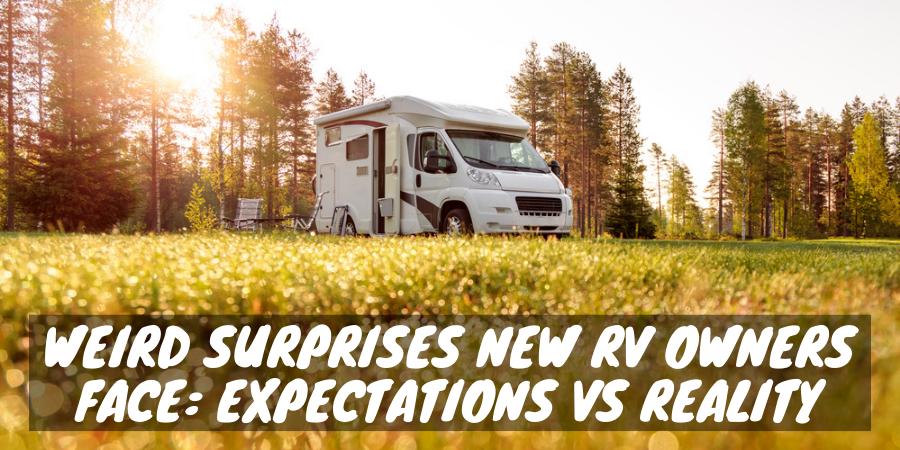
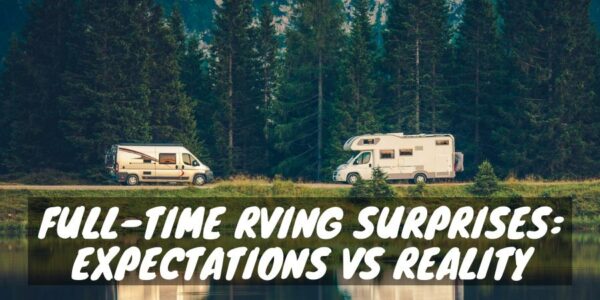
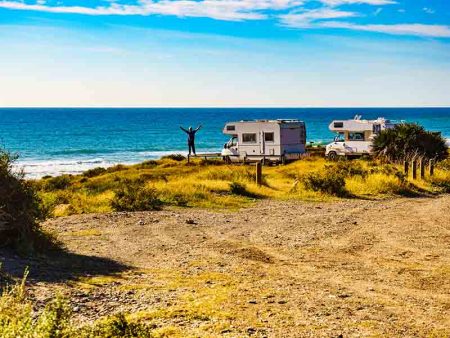
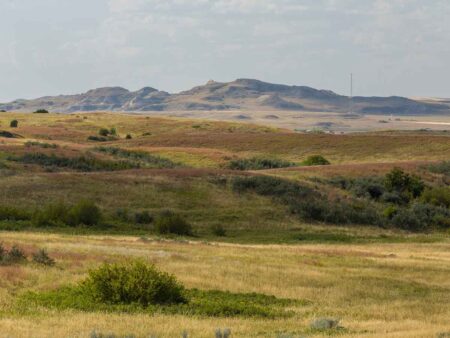
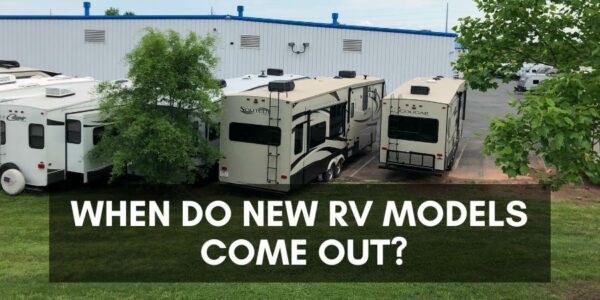
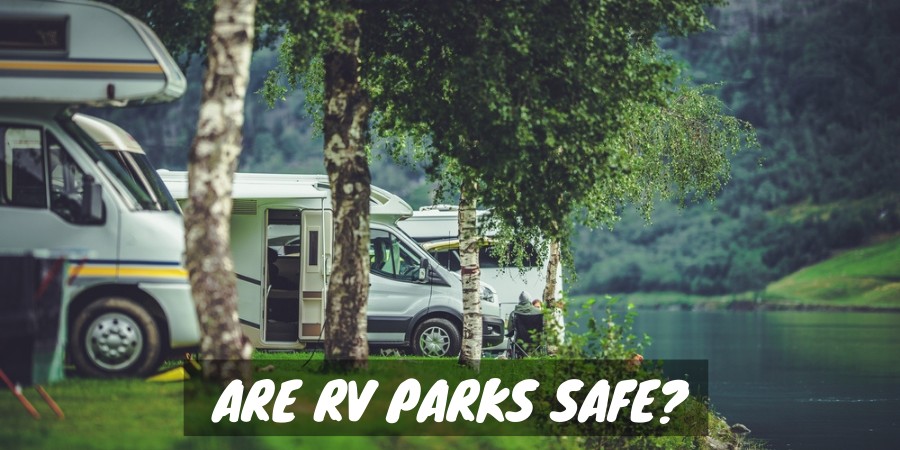
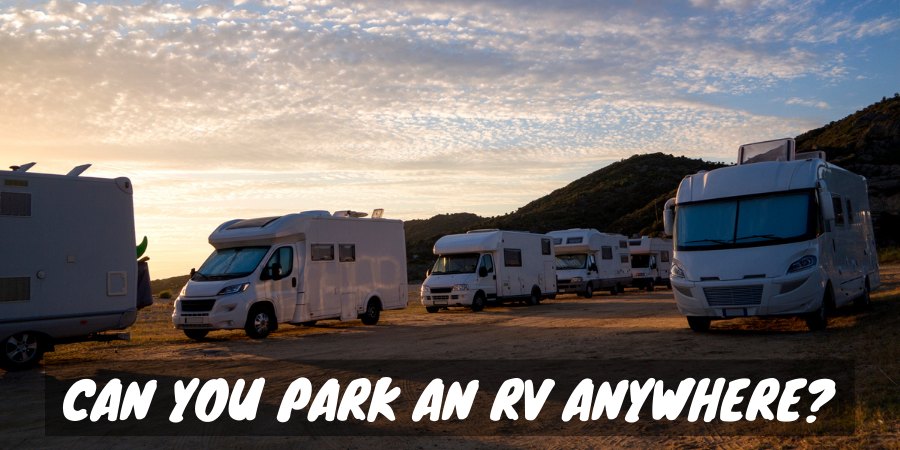
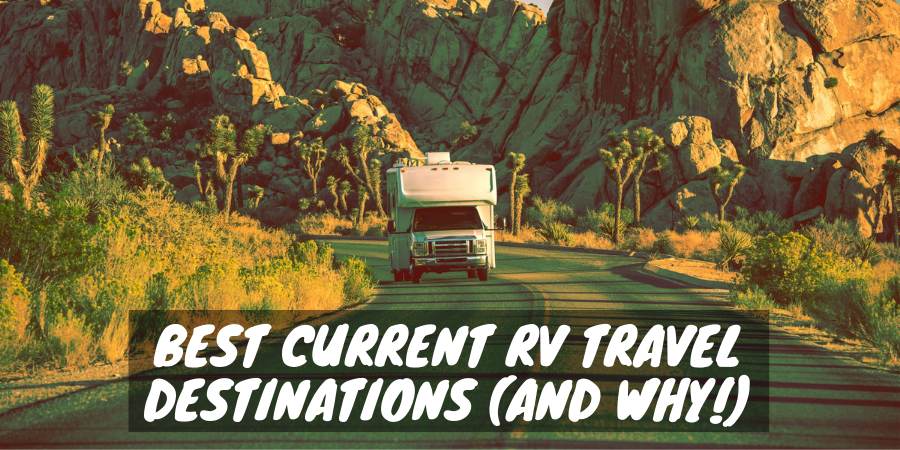
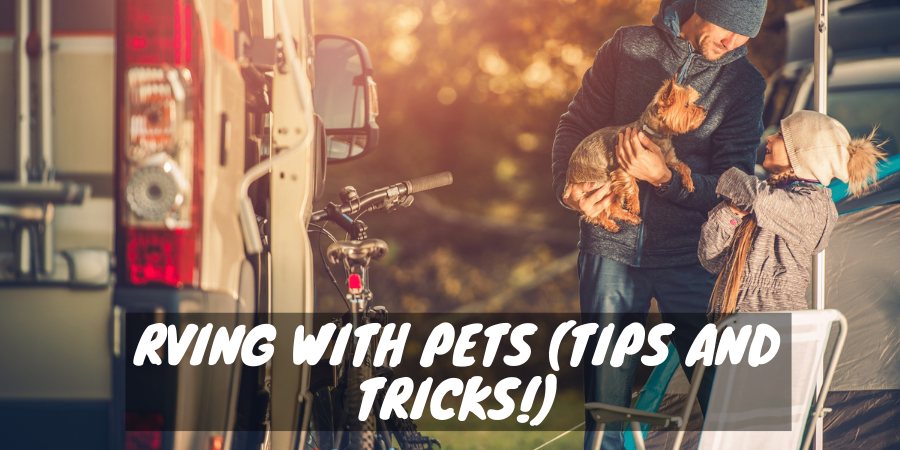

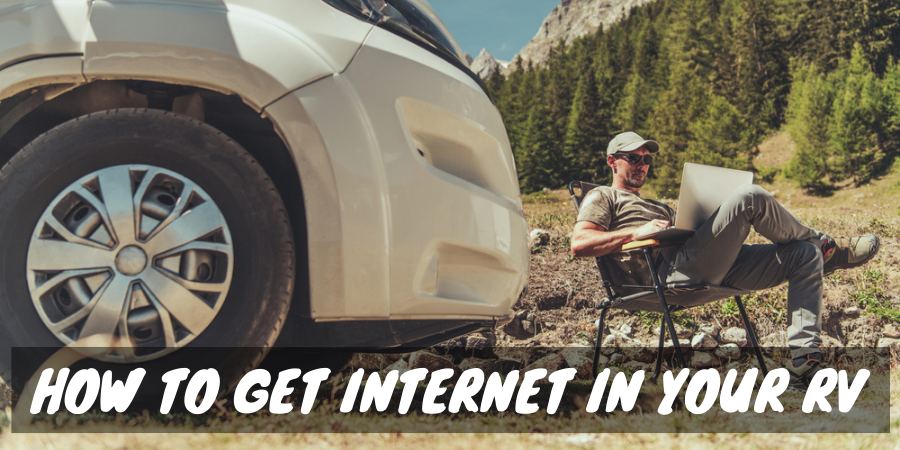
Living full time and constantly on the move, every day becomes different, meaning your brain is always adapting to something new!